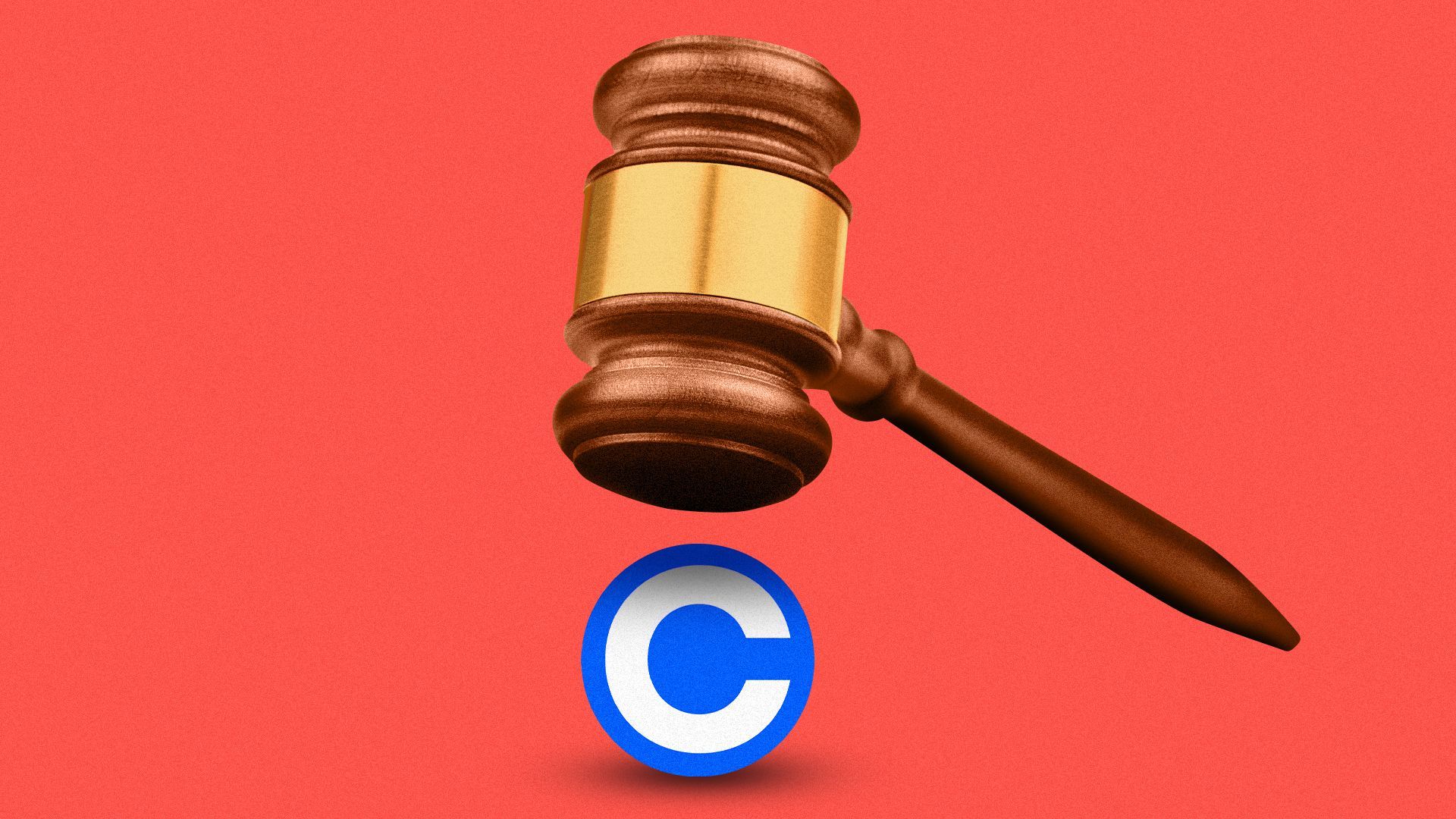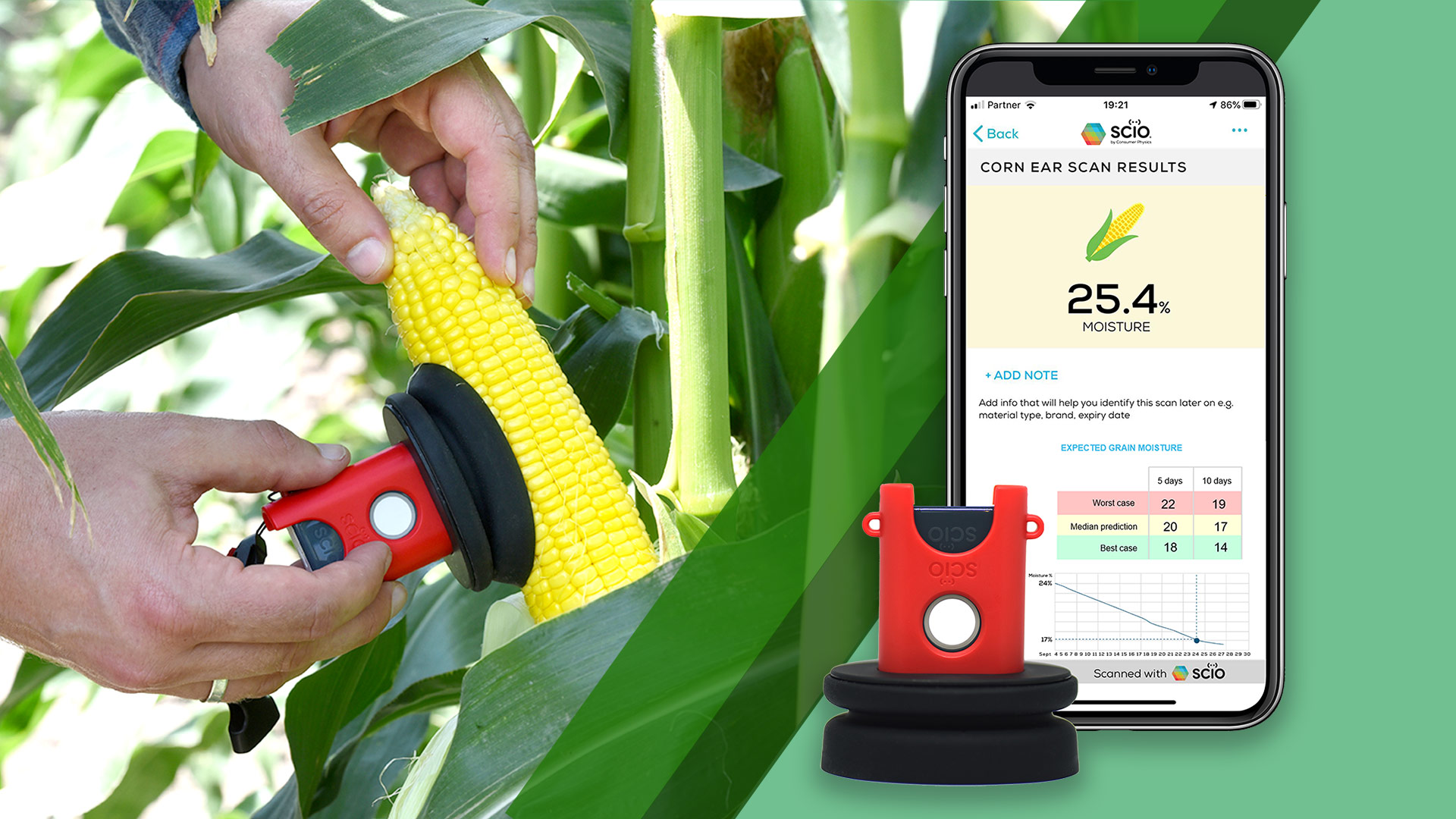| | | | | | | Presented By OurCrowd | | | | Axios Markets | | By Sam Ro ·Sep 09, 2021 | | Today's newsletter is 1,314 words, 5 minutes. 💼 Please join Axios co-founder and CEO Jim VandeHei and leaders from Salesforce, Edelman and Gallup today at 12:30 p.m. ET for a virtual event on navigating the Great Resignation. Register here. | | | | | | 1 big thing: Workers are worried about COVID |  Data: Census; Chart: Axios Visuals COVID concerns are keeping a growing number of Americans out of the labor market. Why it matters: The wave of Delta variant infections over the past two months has renewed worker fears, which threatens to exacerbate ongoing labor shortages. - It's a reversal from earlier in the summer when the distribution of COVID-19 vaccines enabled employers to fill open jobs for months as workplace safety improved.
By the numbers: According to the Census Household Pulse Survey (conducted Aug. 18-30) released Wednesday, 3.2 million Americans said they were not working because they were "concerned about getting or spreading the coronavirus." - This is up from the low of 2.5 million in the July 21 to Aug. 2 survey.
- The number peaked at 6.24 million in July 2020 but has been trending lower ever since.
Flashback: The U.S. economy added just 235,000 jobs in August, well short of economists' expectation for 725,000 jobs and a sharp deceleration from the 1.05 million jobs created in July. - According to Friday's report, 5.6 million people said they were "unable to work because their employer closed or lost business due to the pandemic."
The big picture: The Census data confirms the argument that recent weakness in the hiring data is a supply issue, not a deterioration in demand. - Indeed, another batch of recent labor market data released Wednesday showed there was a record 10.9 million jobs openings in the U.S. in July.
- And the Federal Reserve's latest Beige Book, which collects business anecdotes, noted that "Demand for workers continued to strengthen, but all Districts noted extensive labor shortages that were constraining employment and, in many cases, impeding business activity."
- "Overall demand for workers remains strong, and with cases appearing close to peaking, the Delta surge is only a temporary setback for the labor market's recovery," Wells Fargo senior economist Sarah House tells Axios.
Yes, but: "But the effect of the variant could linger and extend into September, depending on how the health situation evolves and if it impacts school reopenings," Rubeela Farooqi, chief U.S. economist at High Frequency Economics, tells Axios. - "That will have implications for both labor demand and supply."
What to watch: Evidence from economic reports and corporate announcements has mostly blamed short-term shortfalls on supply chain issues and labor shortages, which suggests demand is just being delayed. It'll be a much bigger problem for the economy if demand is actually weakening. |     | | | | | | 2. Catch up quick | | Around 77% of U.S. oil and gas production in the Gulf of Mexico remains offline, post-Hurricane Ida. The area accounts for about 17% of U.S. oil output. (WSJ) GameStop reported a better-than-expected Q2 sales growth and a narrower-than-expected net loss. However, its shares fell more than 7%. (CNBC) Ads on NBC for next year's Super Bowl LVI are nearly gone. (Axios) |     | | | | | | 3. Crypto still hasn't grown up |  | | | Illustration: Aïda Amer/Axios | | | | Coinbase has bank envy. It wants to offer a dollar-denominated savings account. But those plans have been predictably halted by the SEC, Axios chief financial correspondent Felix Salmon writes. Driving the news: Coinbase seems genuinely surprised and upset about this. While its product looks like a heavily regulated bank savings account, the SEC merely wants to regulate it as a security. But Coinbase doesn't even want that level of regulation. Why it matters: Coinbase, the first major crypto company to get SEC approval to go public on a U.S. stock exchange, is about as regulator-friendly as crypto companies get. It has positioned itself as being far more in compliance with U.S. regulatory strictures than overseas rivals like Binance or FTX. This week's news shows that the industry still has a long way to go before it truly comes to terms with the U.S. regulatory environment. State of play: Coinbase explicitly framed its product in a June blog post as an alternative to bank savings accounts. - Flashback: Coinbase should have been able to anticipate the SEC's reaction. After all, when Robinhood (which also isn't a bank, and doesn't want to be) tried to offer a product that looked like a savings account, that got shut down immediately.
What they're saying: "If the SEC wants to publish guidance, we are also happy to follow that," writes CEO Brian Armstrong. - The other side: "The SEC doesn't have the obligation (or the resources) to issue guidance about things that should be obvious to a baby securities lawyer," tweets Georgetown Law professor Adam Levitin. "It's really astounding that Coinbase thinks it's entitled to anything more."
The bottom line: Coinbase's comparative advantage was supposed to be that it stands comfortably in America's regulatory good graces. But now Armstrong seems to be jealous of other crypto companies that offer similar products without SEC approval and is picking fights with regulators. Keep reading. |     | | | | | | A message from OurCrowd | | Handheld analysis at the molecular level can transform ag industry | | |  | | | | A handheld spectrometer from Consumer Physics, that instantly analyzes and transfers data to the cloud, could save the agriculture industry billions. It's already being used by over fifty global enterprises, including Fortune 500 companies. Invest in this innovation and more at OurCrowd. | | | | | | 4. Wall Street gets a hard seltzer buzzkill |  | | | Photo: Rob Kim/Getty Images | | | | Boston Beer sent another signal the hard seltzer fad is fading — and told Wall Street that it will make less money because of it, Axios' Courtenay Brown writes. Why it matters: It's a reversal of a mega-booze trend that a slew of companies raced to get in on. Catch up quick: Back in July, Boston Beer said it overestimated demand for its "Truly" brand. Executives warned Wall Street profits wouldn't be nearly as high as initially thought because of hard seltzer uncertainty. Turns out the company wasn't pessimistic enough: Now it says profits could be even lower, thanks to inventory write-offs and shortfall fees to third parties, per a statement. - It says "there will be continuing uncertainty" about hard seltzer demand trends for the rest of 2021, and withdrew guidance altogether.
The intrigue: Drink heavyweights and newcomers tapped into the hard seltzer hype, filling shelves with options. The beer giant partially blamed its woes on a heavily splintered market. - "New hard seltzer brands at retail [stores] ... have resulted in a proliferation of choices and consumer confusion," founder Jim Koch told analysts in late July.
By the numbers: Industry-wide, there will be 30 million fewer cases of hard seltzer sold this year than what was anticipated in July, the company said, citing research. - "We believe the sustained decline in regular [hard seltzer] consumption is driven by the reopening of bars & restaurants," where it's "underindexed" versus beer, wine or other spirits, analysts at UBS wrote this week.
What to watch: Boston Beer is going deeper into hard seltzer. It said last month it would partner with Pepsi to create hard Mountain Dew. |     | | |  | | | | If you like this newsletter, your friends may, too! Refer your friends and get free Axios swag when they sign up. | | | | | | | | 5. Tech's double-edged sword in the job market |  | | | Illustration: Aïda Amer/Axios | | | | Technology that automates recruiting and hiring can be partly to blame for the current labor shortage, according to a new Harvard Business School and Accenture study, as Axios' Hope King reports. Driving the news: More than 90% of employers in the U.S., U.K, and Germany surveyed said that they use automated systems to filter or rank candidates first. Those systems often eliminate candidates that could be a good fit for jobs with training, but whose resumes don't precisely match the pre-set criteria. Why it matters: Some prospective employees that companies desperately need are being excluded before they even get a chance to be considered. State of play: Automation came about during the 1980s and '90s to expand labor pools, leading to "a deluge of applicants" that has reached an average of 250 applicants per corporate job posting. - As a result, companies have relied on more automated systems to help filter through all the submissions.
Yes, but: "[M]ost companies' hiring systems yield results as if they were designed to prevent hidden workers' applications from advancing," the study's authors conclude. - Instead, those systems facilitate the traditional "checks-all-boxes" hires, they said.
- The vast majority (88%) of survey respondents said that they believe qualified candidates for high-skilled jobs are eliminated because those applying don't match job descriptions exactly, while close to all (94%) said qualified middle-skill workers get eliminated.
The big picture: When pools of applicants grow with fewer of them moving on, it reinforces an employer's perception that there are not enough qualified applicants — leading companies to rely on these technologies even more. - "The cycle builds on itself," the authors write.
|     | | | | | | A message from OurCrowd | | Tech transforms the ag industry with instant, handheld analysis | | |  | | | | Consumer Physics has developed and patented the first portable lab-grade spectrometer that analyzes material at the molecular level. This precision agriculture innovation can transform the entire supply chain, saving billions annually. Explore their investment potential at OurCrowd. | | |  | | It'll help you deliver employee communications more effectively. | | | | | | Axios thanks our partners for supporting our newsletters. If you're interested in advertising, learn more here.
Sponsorship has no influence on editorial content. Axios, 3100 Clarendon Blvd, Suite 1300, Arlington VA 22201 | | | You received this email because you signed up for newsletters from Axios.
Change your preferences or unsubscribe here. | | | Was this email forwarded to you?
Sign up now to get Axios in your inbox. | | | | Follow Axios on social media:    | | | | | |
No comments:
Post a Comment